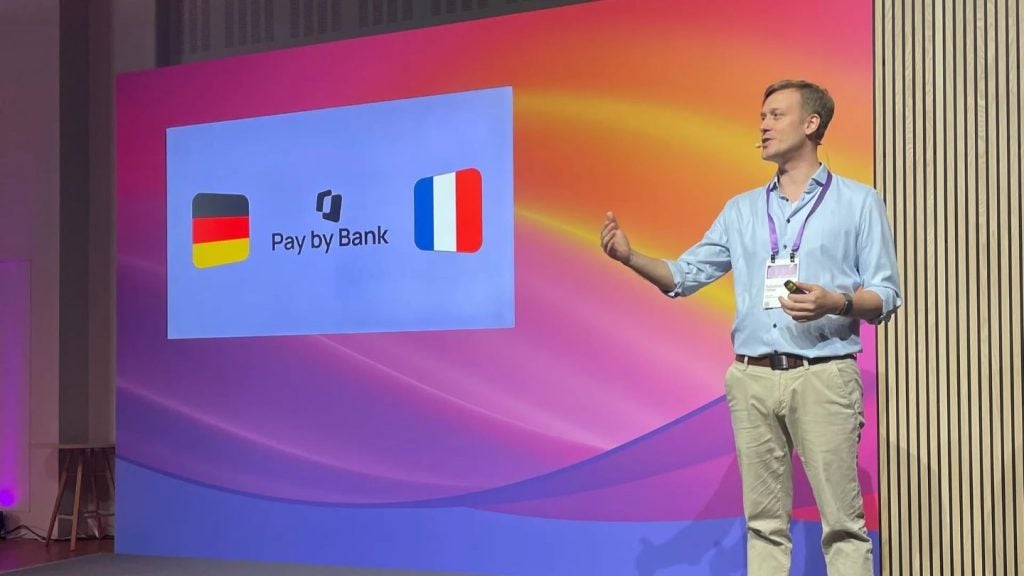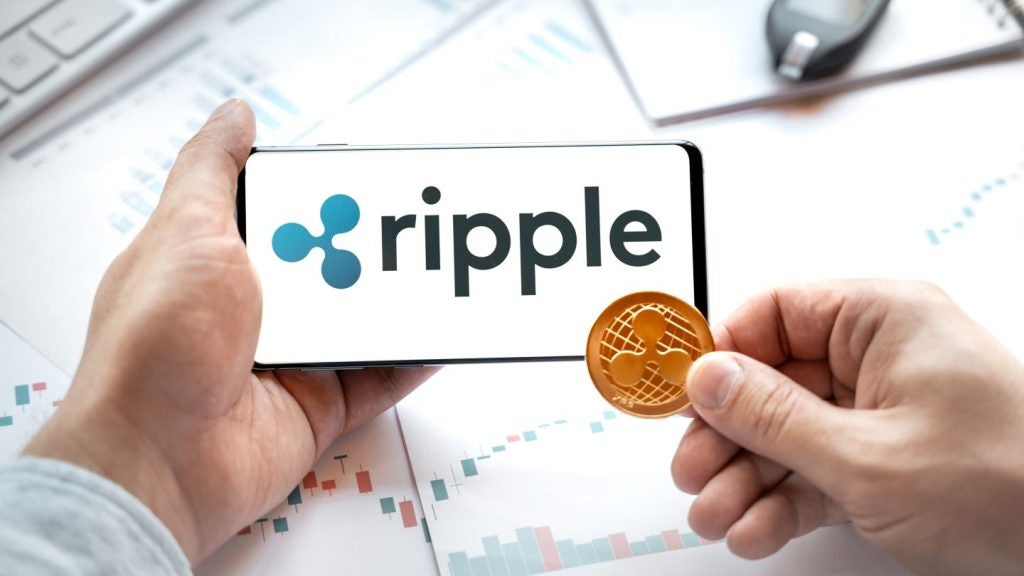The business-to-business (B2B) payment landscape is undergoing a profound digital shift due to technological advances such as mobile payments, blockchain, and artificial intelligence (AI). At the same time, there is a growing expectation on B2B organisations to deliver fast and convenient payments. For example, there is pressure to replicate the speed and efficiency of business-to-consumer (B2C) payment options, such as contactless instant payments.
As the demand for fast and convenient payments continues to rise, B2B organisations look to streamline existing payment processes. Additionally, as younger decision makers and business leaders fill the B2B space, B2C-like payment options are more attractive to enhance the productivity and agility within traditionally run finance teams. In fact, London is home to some of the most successful young business leaders in the world, helping to push the UK economy to new heights and drive innovation in payment practices.
The challenges in traditional business-to-business payment options
Whilst many companies focus on improving B2C payments, for example with PayPal and Stripe, payments to and from businesses have been neglected. Many organisations still write cheques, or wait days for payments to clear. To close the gap between B2B and B2C payments, business leaders must identify ways to streamline operations and improve efficiency.
In the UK, there are several common payment methods that cater to varying business needs and preferences. While digitalised methods do exist like direct bank transfers, traditional methods such as physical cheques are still common practise for many B2B organisations. Changes must be made. In fact, while research by Gartner suggests 80% of B2B payment will be digital by 2025, there remain issues with existing digital processes.
One challenge with the state of current B2B payment options is that they often fail to function efficiently due to the lack of intelligent automation and AI.
The problems with current B2B payment options
-
Lengthy payment process times
Often B2B organisations that haven’t fully digitalised their finance function struggle with slow payment processing times. This leads to delayed service offerings, cashflow management issues, and strained relationships with suppliers and customers.

US Tariffs are shifting - will you react or anticipate?
Don’t let policy changes catch you off guard. Stay proactive with real-time data and expert analysis.
By GlobalData-
Limited visibility into the payment journey
Tracking payments across multiple platforms can be a logistical nightmare without the correct technology in place. This often leads to uncertainty and potential errors in financial reporting.
-
Risk of default
Without technologies such as AI to automatically send payment updates and reminders to suppliers and customers, organisations will struggle to mitigate the risk of default. This will prohibit organisations from ensuring secure and timely transactions which replicate B2C-style payment options.
Supporting real-time B2B payments
To help facilitate the transition from B2B to B2C payment options, businesses must digitally transform their finance function. It’s no longer enough for finance teams to rely solely on emails and online portals. By leveraging AI-driven solutions and intelligent automation, organisations can unlock real-time payments to and from businesses.
AI can help organisations to enhance speed and accuracy whilst enabling seamless transactions. Without AI, organisations are at higher risk of human error within payment processes, for example incorrect manual data input. Implementing AI into payment processes can assist finance teams to capture data insights about customers instantly, without the need for timely processes like manual data analysis. AI can also streamline the approval and payment of invoices by identifying areas where digital payments are experiencing delays, enabling smoother transactions.
While B2C payment options are much more complex – which will take the B2B space some getting used to – having readily available data insights from AI will show where digital journeys are struggling, and make fixing issues a lot easier.
By analysing consumer and supplier behaviour, preferences, and trends, AI can optimise B2B payment experiences to be more intuitive, efficient, and user-friendly. This ultimately helps to push payments over the line quicker, more akin to the typical B2C experience.
Closing the gap between B2C and B2B
The shift towards B2C-like payments in the B2B space is a welcome progression towards faster and more efficient payment processes. Those organisations who don’t adapt to make payments more streamlined will fall behind competitors and risk customer dissatisfaction. With guidance and insights from AI and automation, organisations can make progress towards more seamless payment experiences, moving closer to the likes of text-to-pay, and away from written cheques.
Businesses that adapt and embrace the shift in B2B payments will thrive and position themselves as leaders, pioneering new standards of efficiency and customer satisfaction.
Sarah-Jayne Martin is Director, ICA Global AR Practice at Quadient Accounts Receivable








